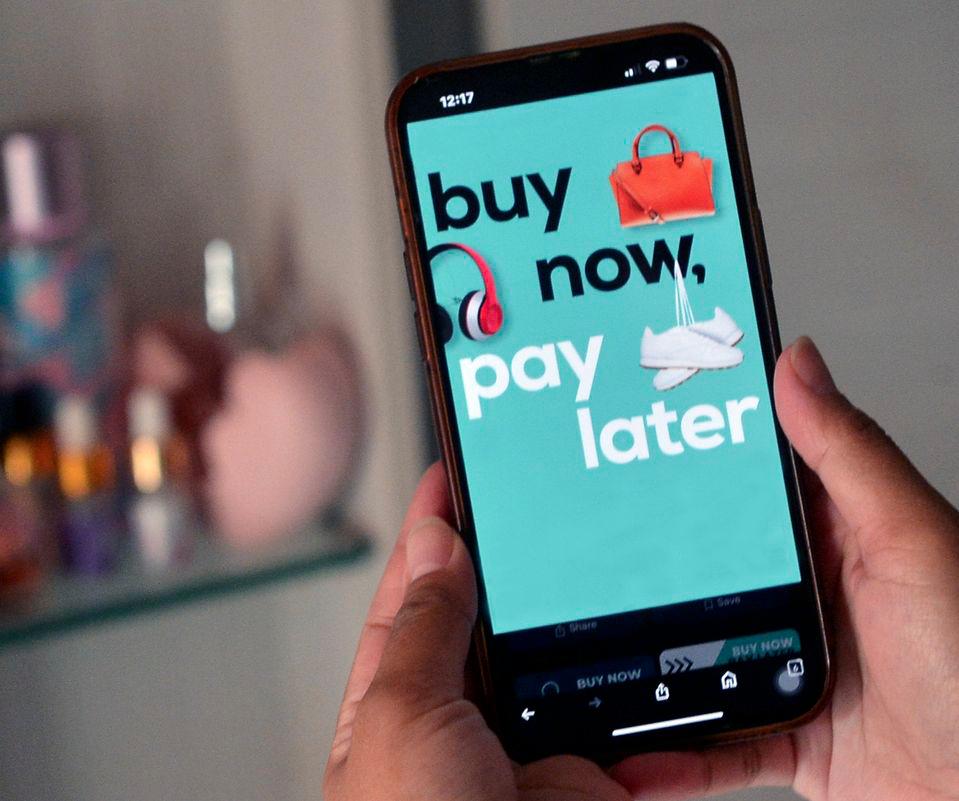USING the “buy now, pay later” (BNPL) scheme for the first time felt harmless. Just three easy payments for a pair of shoes that were not really necessary. It seemed like a smart move at the time – no interest, no hassle and no guilt. But that mindset is exactly what gets so many young people into trouble.
From 2020 to 2025, more than 5,189 Malaysians under the age of 34 were declared bankrupt. Most of them were between 25 and 34, an age group that should be building their financial future. This is not just a statistic; it reflects a growing reality for many young adults trying to manage life’s expenses with limited income and increasing pressure to spend.
With BNPL so widely available and heavily promoted, it is no surprise that more people are relying on it. The recent Consumer Credit Bill passed in Parliament shows how urgent the problem has become.
The new law introduces the Consumer Credit Commission to oversee BNPL and other non-bank credit providers. It is a step in the right direction but the fact that it is even needed speaks volumes.
BNPL is appealing because it feels light at first. No upfront payments, offers interest-free instalments and fast approval. But the catch comes later, quietly.
Miss one instalment and there is a penalty. Miss a few and the debt will grow without warning. Penalties between RM10 and RM50 may not sound like much until they keep stacking up.
It becomes easy to lose track of how many items are being paid off. What began with one small item turns into four or five ongoing commitments. BNPL encourages impulse decisions. The thought process is no longer “can I afford this” but “can I split this”.
Bank Negara reported that most BNPL users earn below RM3,000 a month. For many, even one missed payment affects rent, food or transport. BNPL has helped some low-income families afford essentials, like baby formula and groceries, especially during difficult times. That is understandable but it should not become the default way to survive.
In the first half of 2025 alone, Malaysians spent RM9.3 billion through BNPL, of which RM121 million is overdue, and the numbers are not slowing down. What is worrying is how normalised it has become. They are not only used for emergencies or needs but also for clothes, gadgets and online shopping sprees. These habits can lead to debt that may seem manageable but can become overwhelming over time.
Therefore, regulation helps. However, awareness matters more. Many still do not grasp the risks they are taking. Educational institutions should teach students on money management. Financial literacy is a skill that needs to be taught and cultivated early, not learned after it has become a problem.
BNPL is not an enemy but without control, it can turn into a cycle that will be hard to break. The best solution is to have self-discipline before it is too late.
Darren Ong Wei Shen is a student at City University Malaysia.
Comments: letters@thesundaily.com









